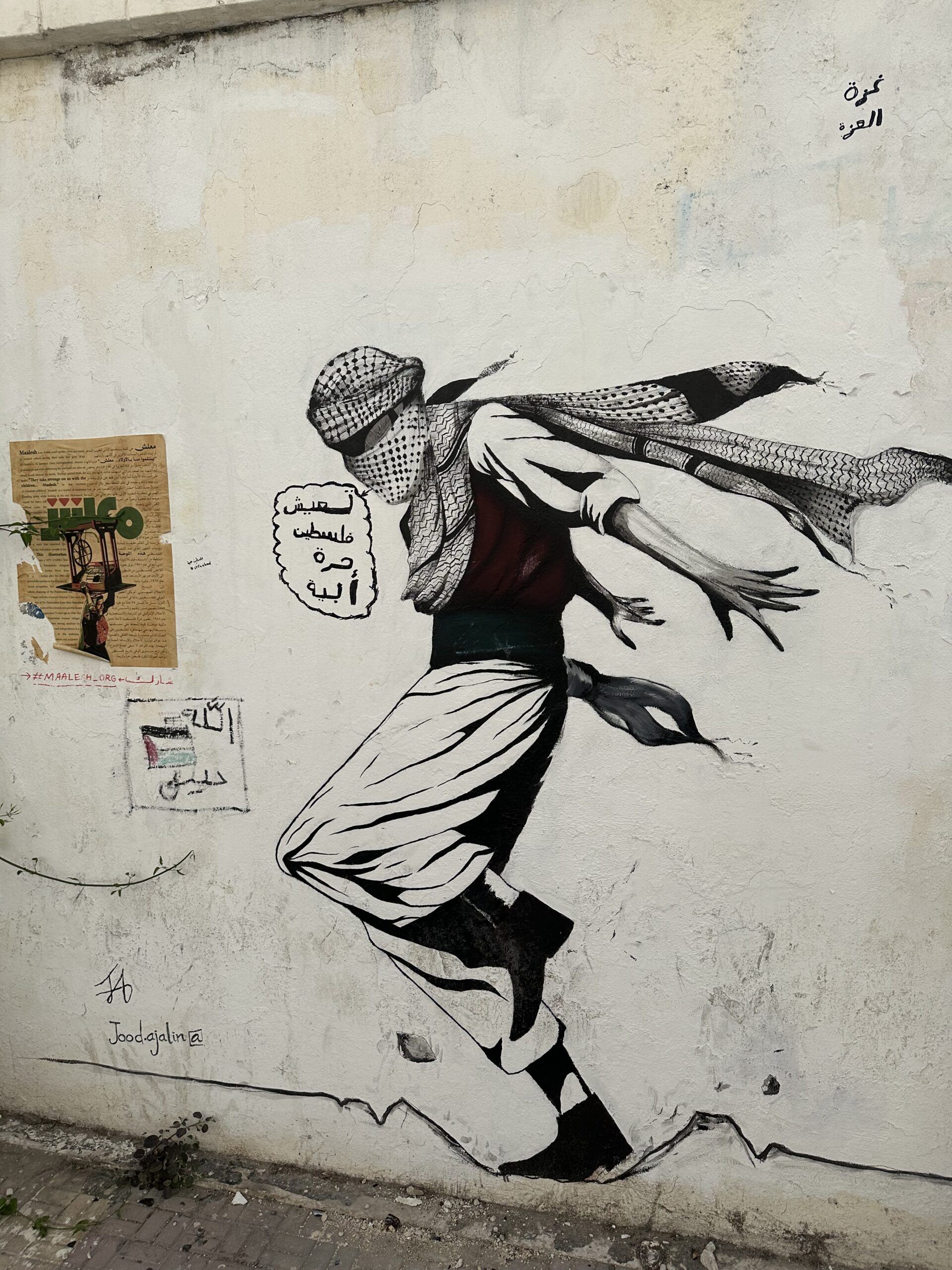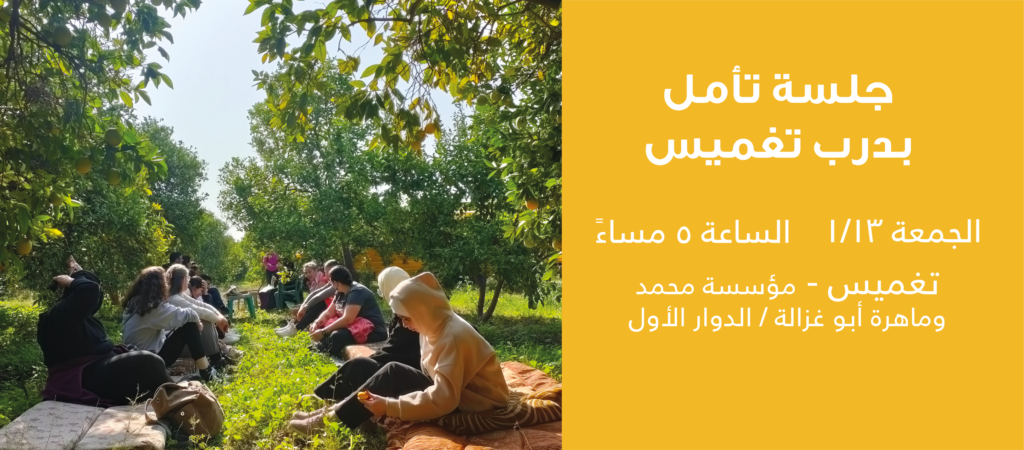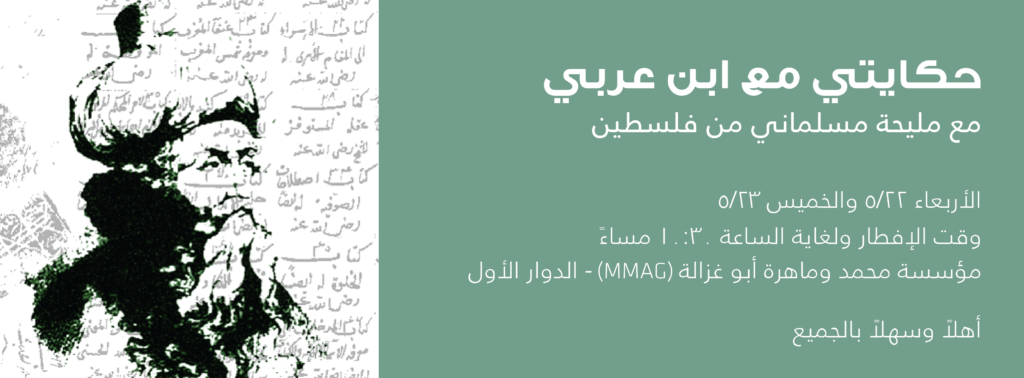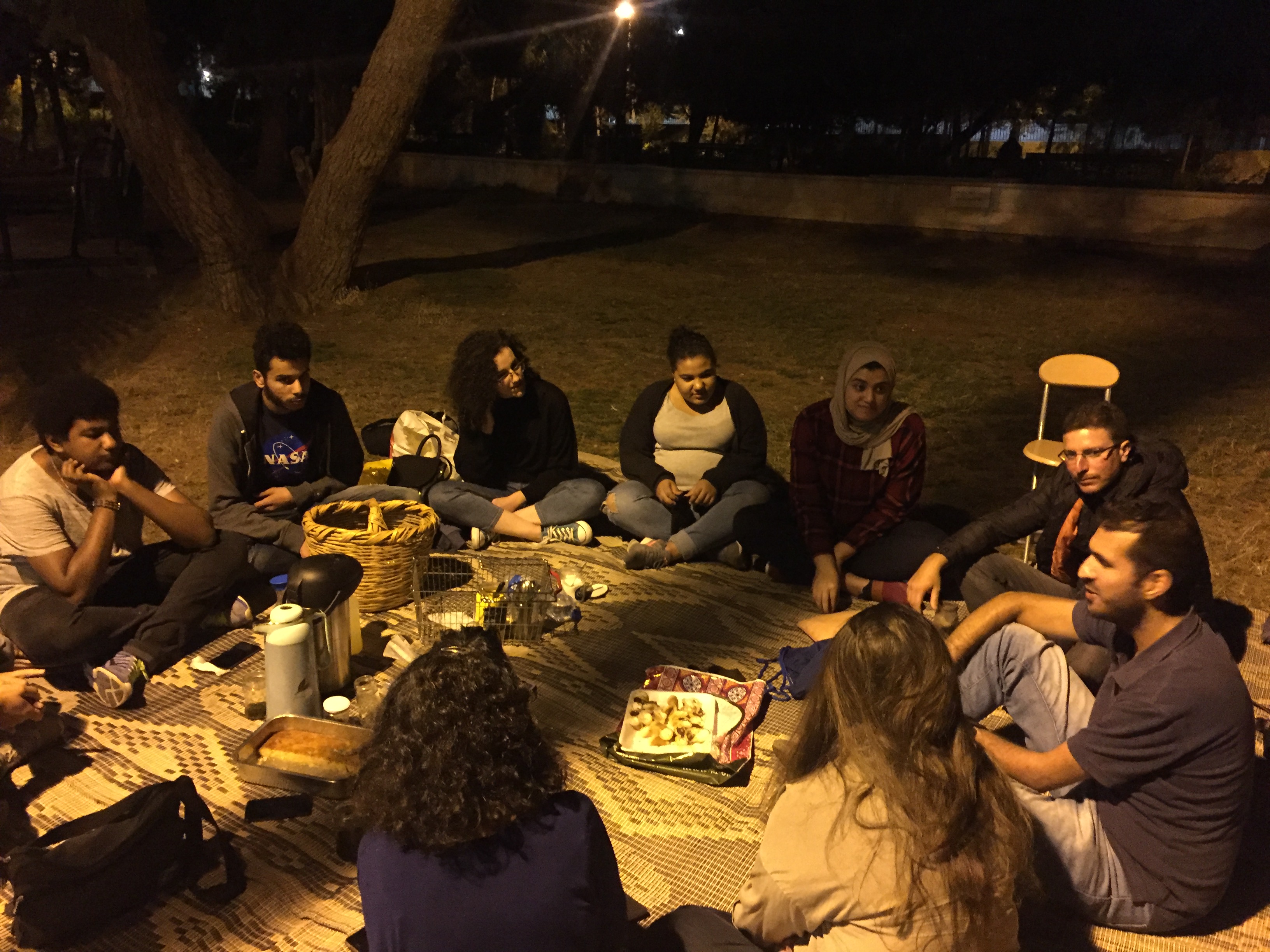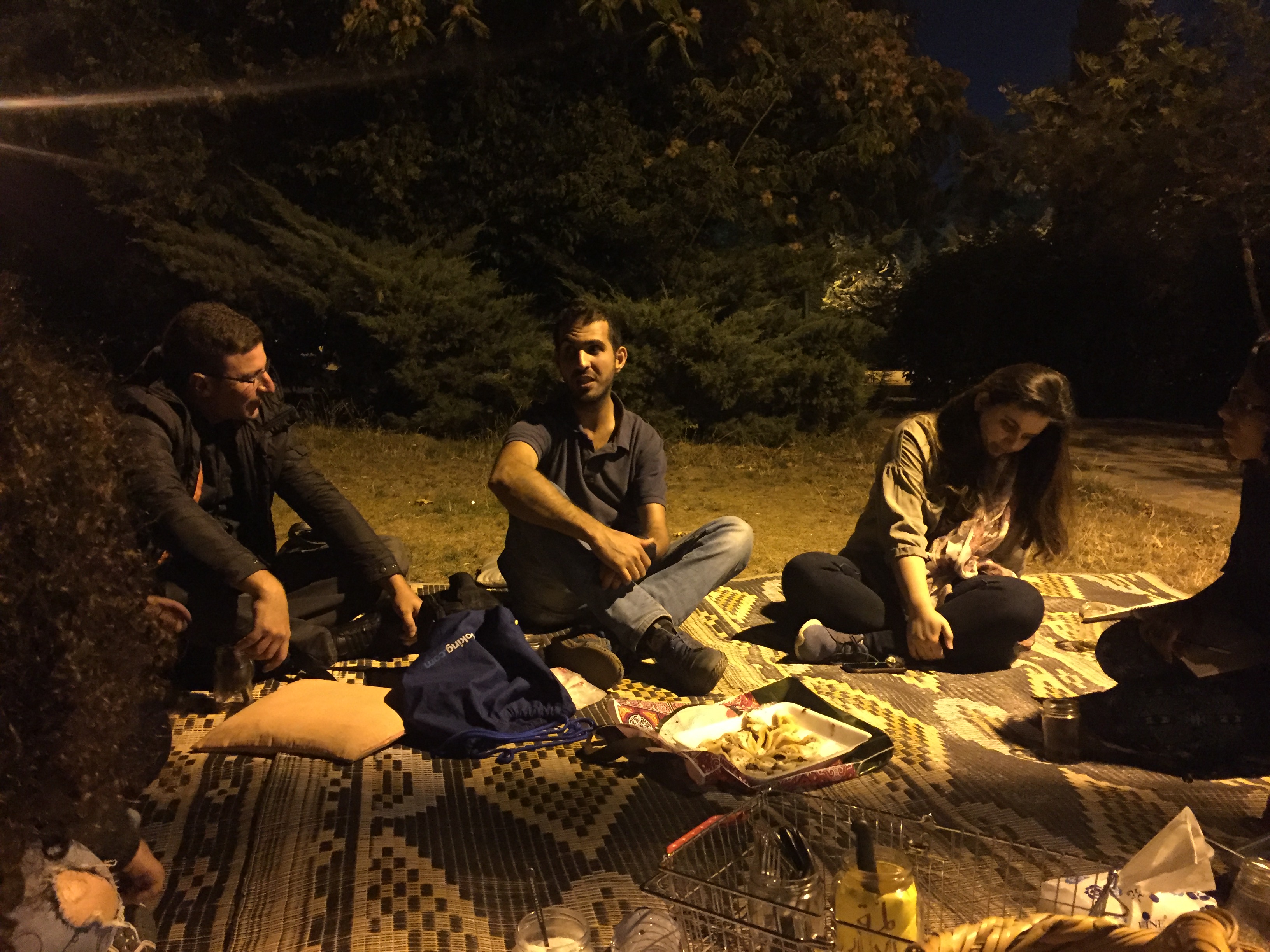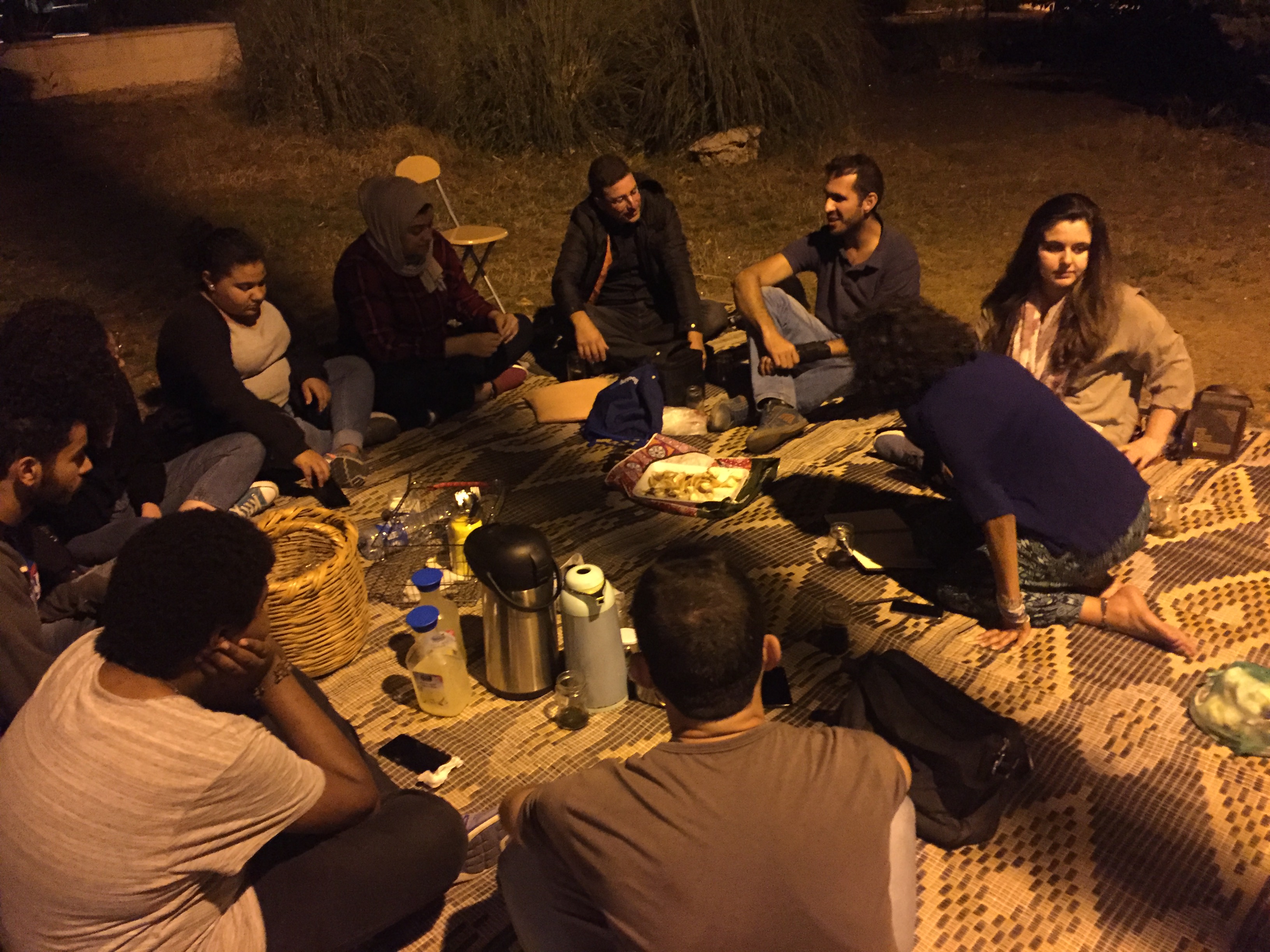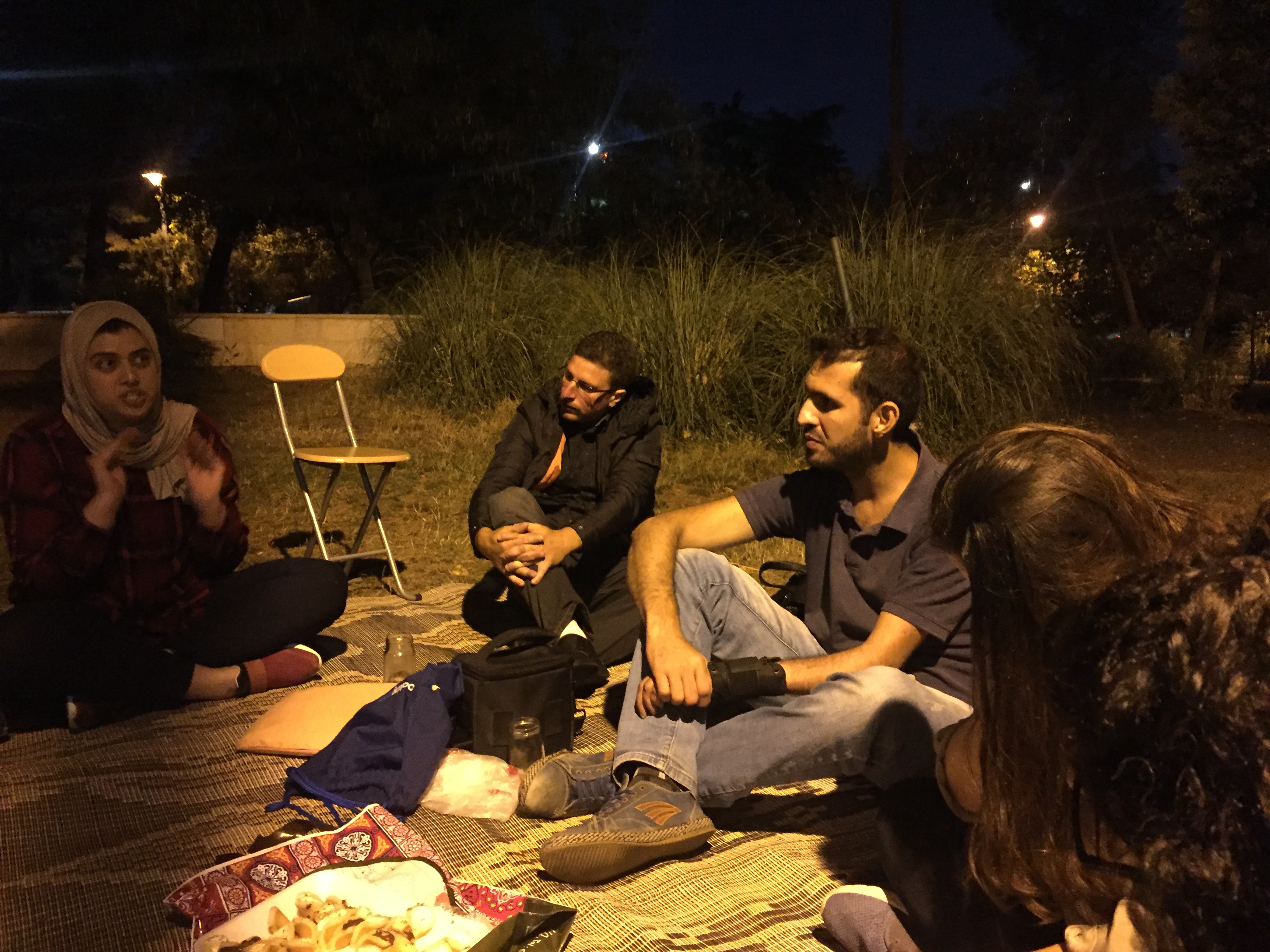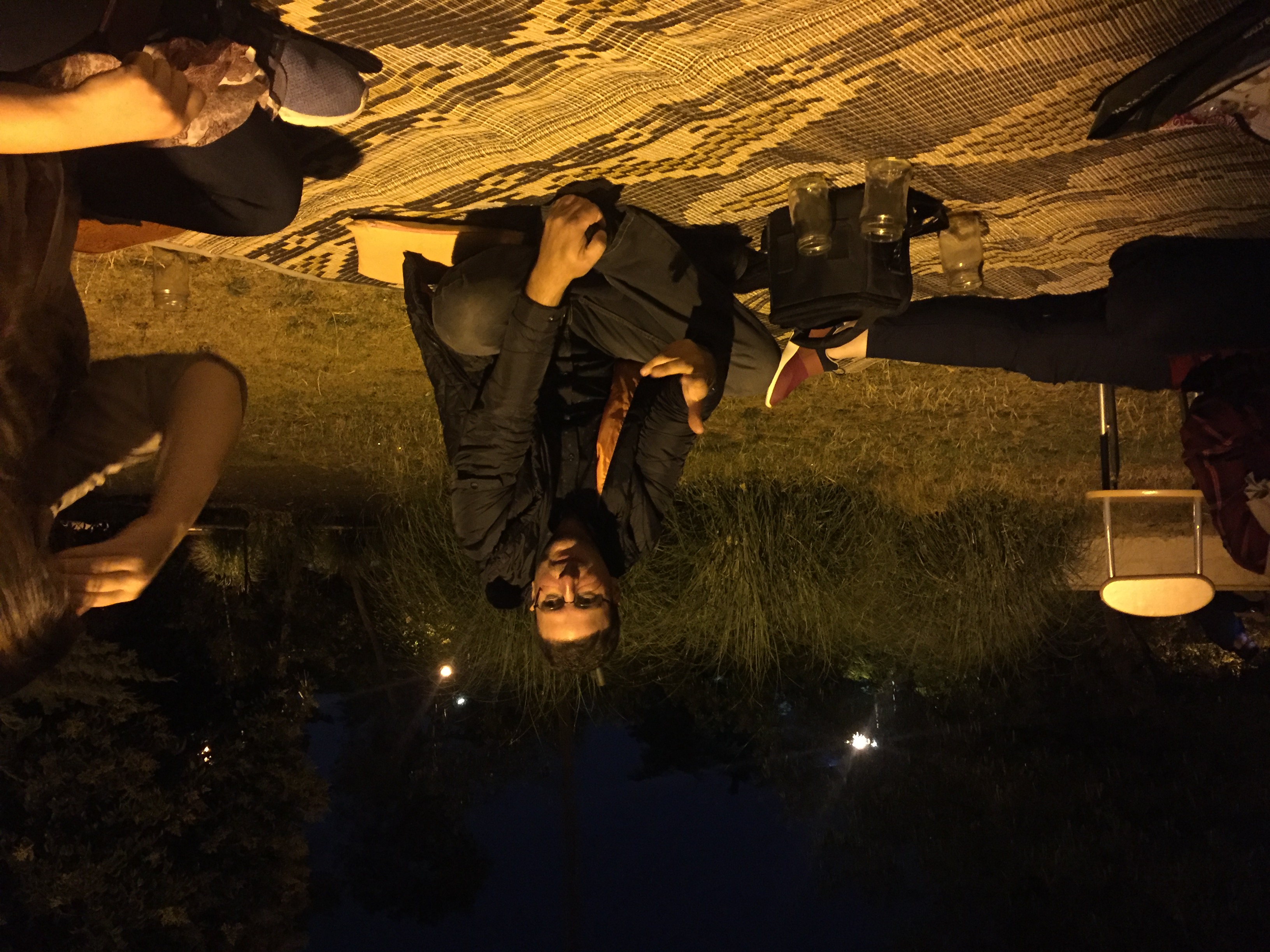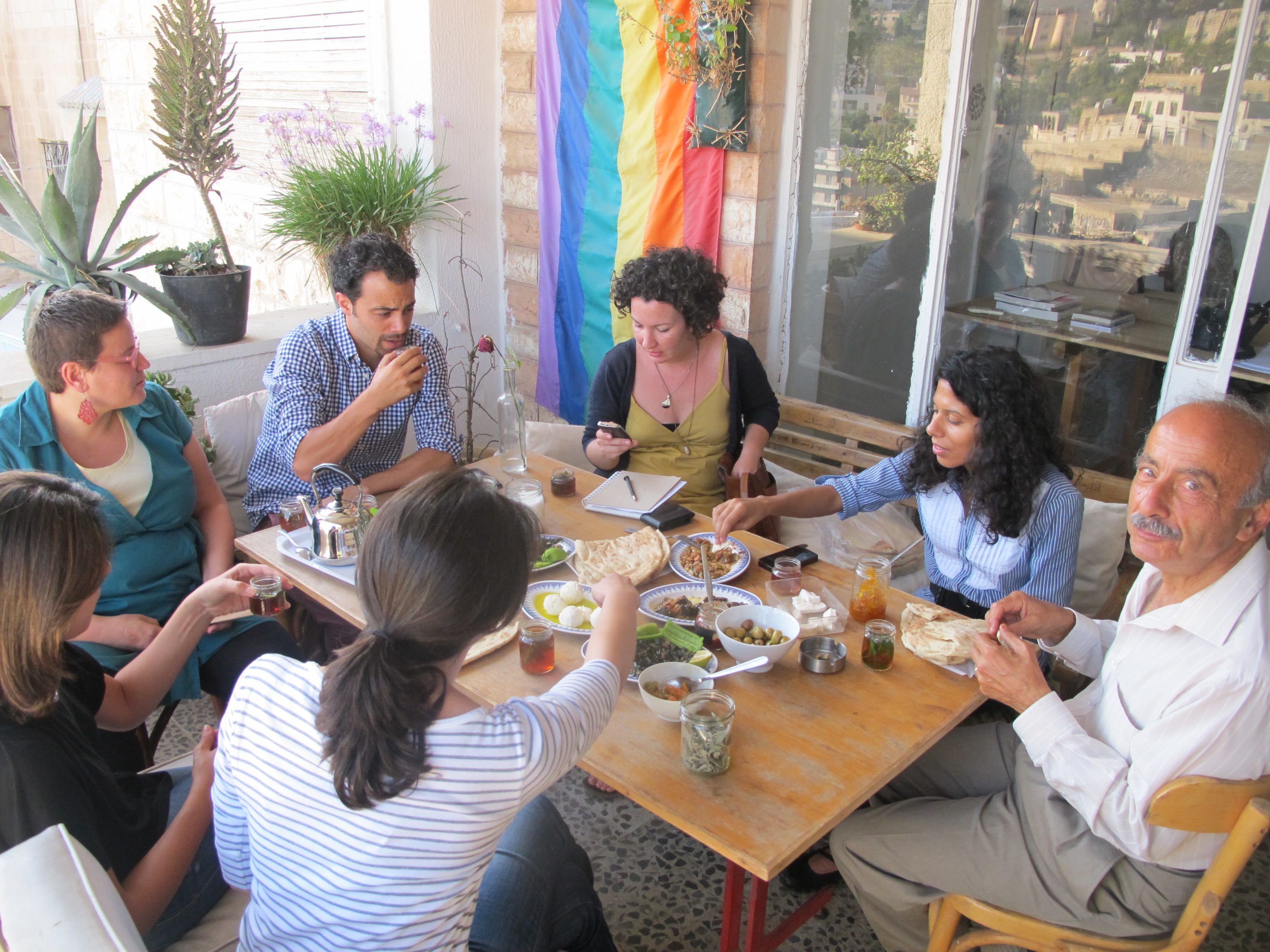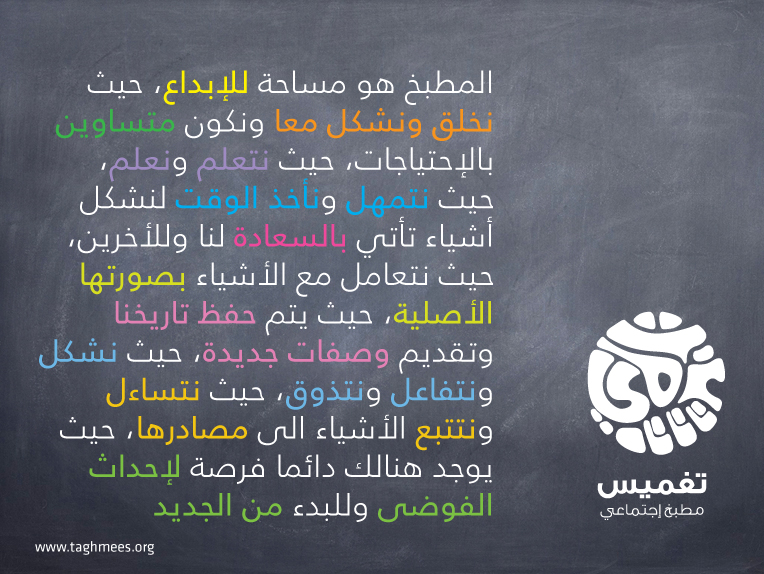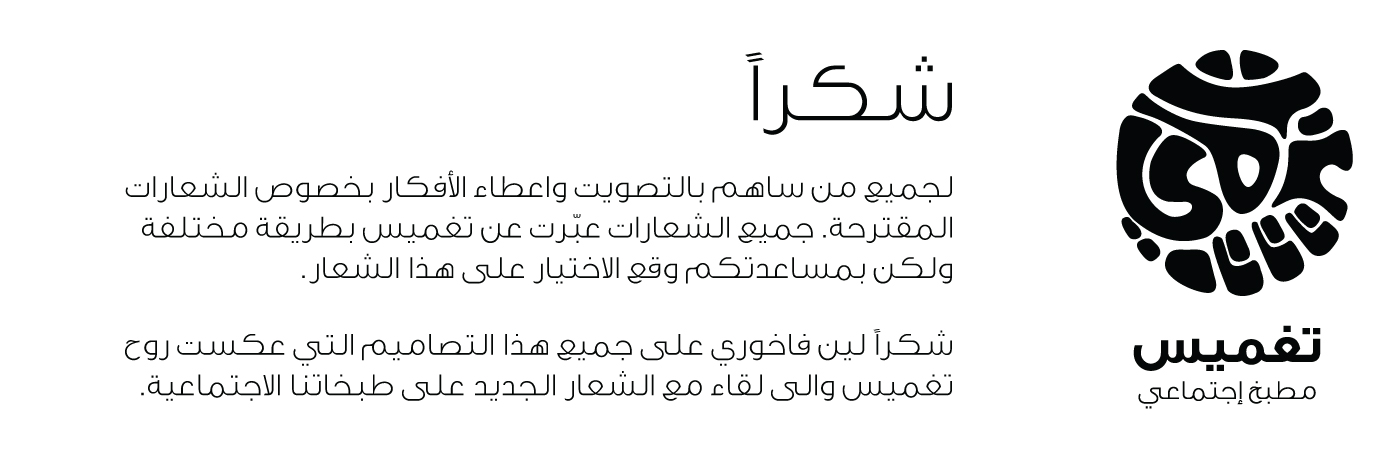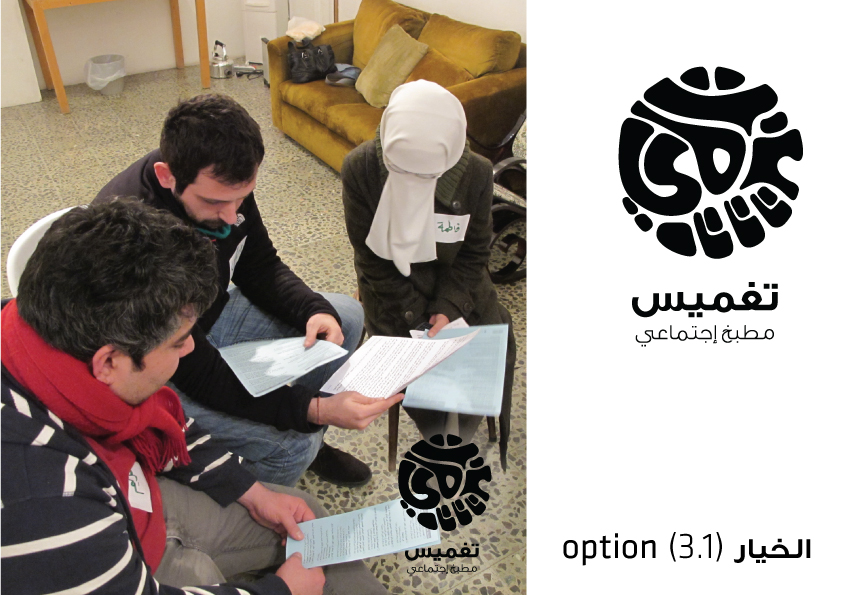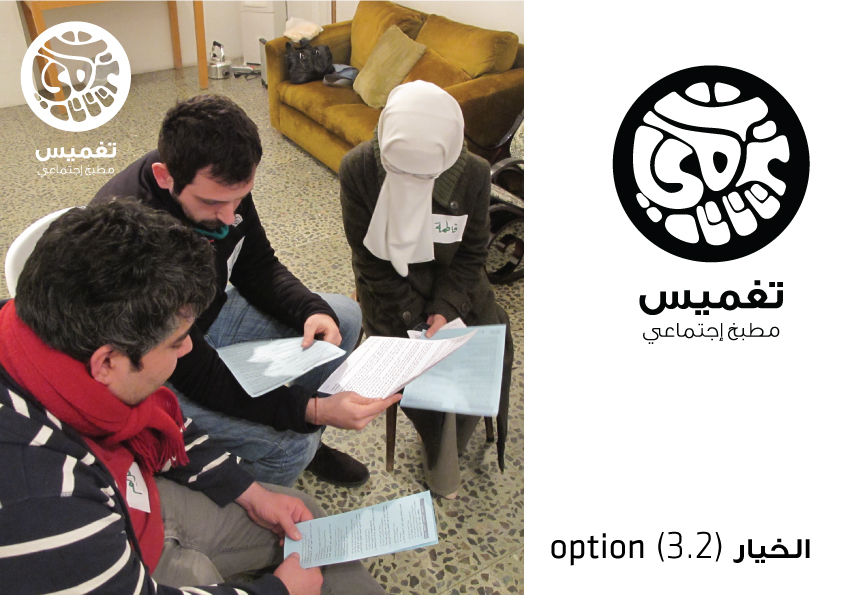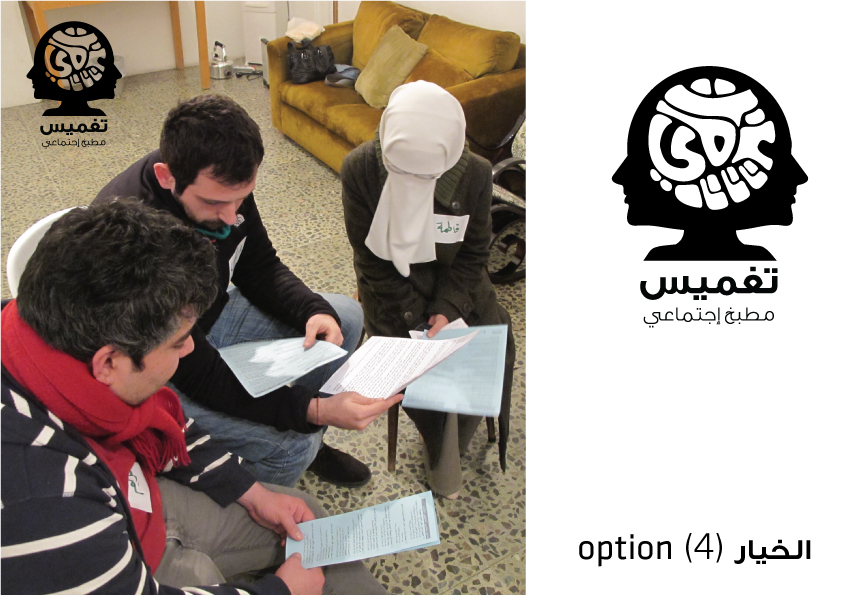Where have we come since last October?
Movement happens in so many sites of the body, the land, the spirit.
Resistance as a state of being, breathing, becoming. Liberation as a constant unfolding. Healing at the core.
The visceral anguish and gnawing ache of a wound that is constantly rent open. The mind breaking and paralyzing ineptitude of anything and all that might be done.
There are no lines drawn. Not for children, not for elders, not for the differently abled, not for the caregivers, the healers, the harvesters, the storytellers… no one, nothing… all beings earth, water, air, fire.
There are no limits to the brutality, the violence, the desecration, the soul stealing hate.
Movement that rocks us all. Jerks us wide awake from our manufactured slumber into the waking nightmare of our lived reality… stripped of guises, all the veils have fallen. Can we see beyond still?
The cycle repeats, accelerated, intensified. Can we learn fast enough? Stitch the pieces of ourselves strong enough to remember? Re-root in our soils and hold steady in face of the apocalyptic fury of this war on life.
Genocide. Ecocide. Femicide. Urbicide. Domicide. Educide. Scholasticide. Culturcide.
White supremacist capitalist patriarchal imperialism. Settler colonialism. Racism. Fascism. Zionism and its states.
There is no complexity or complication. Not beyond the military industrial complex.
The destructive apathetic reality of power and amassed wealth through brutality throughout the ages. A present-day reflection of a shadow that stretches so far back… the story etched into our stones, deep in our bones.
They stole our fire to light their dark ages. Crusading and pillaging under the cross of one who sacrificed for human salvation and justice, corrupting the heart of love-centered faith. Taking our intimate knowledge of wild plants to heal their ailments. Our sense of the stars to expand into the cosmos, while laying siege to our constellations and cosmic consciousness. Mutilating our sciences and mathematics into reduction, abstraction, and extraction. Our architecture and art, stolen or torn apart.
Hurtling into the present, to rinse and repeat.
Medicine stolen with blood can never heal without stain. This is a sickness, deeply spread. This body is sick, the mind more so. What has happened to their soul?
And our people rise.
They mangle our martyrs, torn from the limb, disintegrated.
Yet we rise. With dignity, with perseverance, with purpose. Again and again. An endless cycle.
We are Arab. We are this land, this river, this sea. We place our seed, we grow the tree. We remember, we persist, we exist, we resist. And we will return.
But what have I really learned?
On anger. On rage. On grief. On disappointment. On helplessness. On madness. On dignity. On relations. On community. On mutual care. On love. On hope. On resistance.
Boycott. Divest. Sanction. Protest. Demonstrate. Strike. Stand up. Walk out. Sit-in. Reach out. Teach-in. Pray. Sing. Dance. Connect. Love. Seed. Hope. Dream. Build. Move.
We need to do more. We need to do better. We need to give thanks. We are not alone. We are the wave. We must rise.
Palestine. Lebanon. Syria. Iraq. Yemen. Sudan. Congo. Tigray. Haiti. Turtle Island. All free people everywhere.
Moving together, all at once.
The space between our learning and hope is littered with heartache… that’s how we know we’re still alive.
